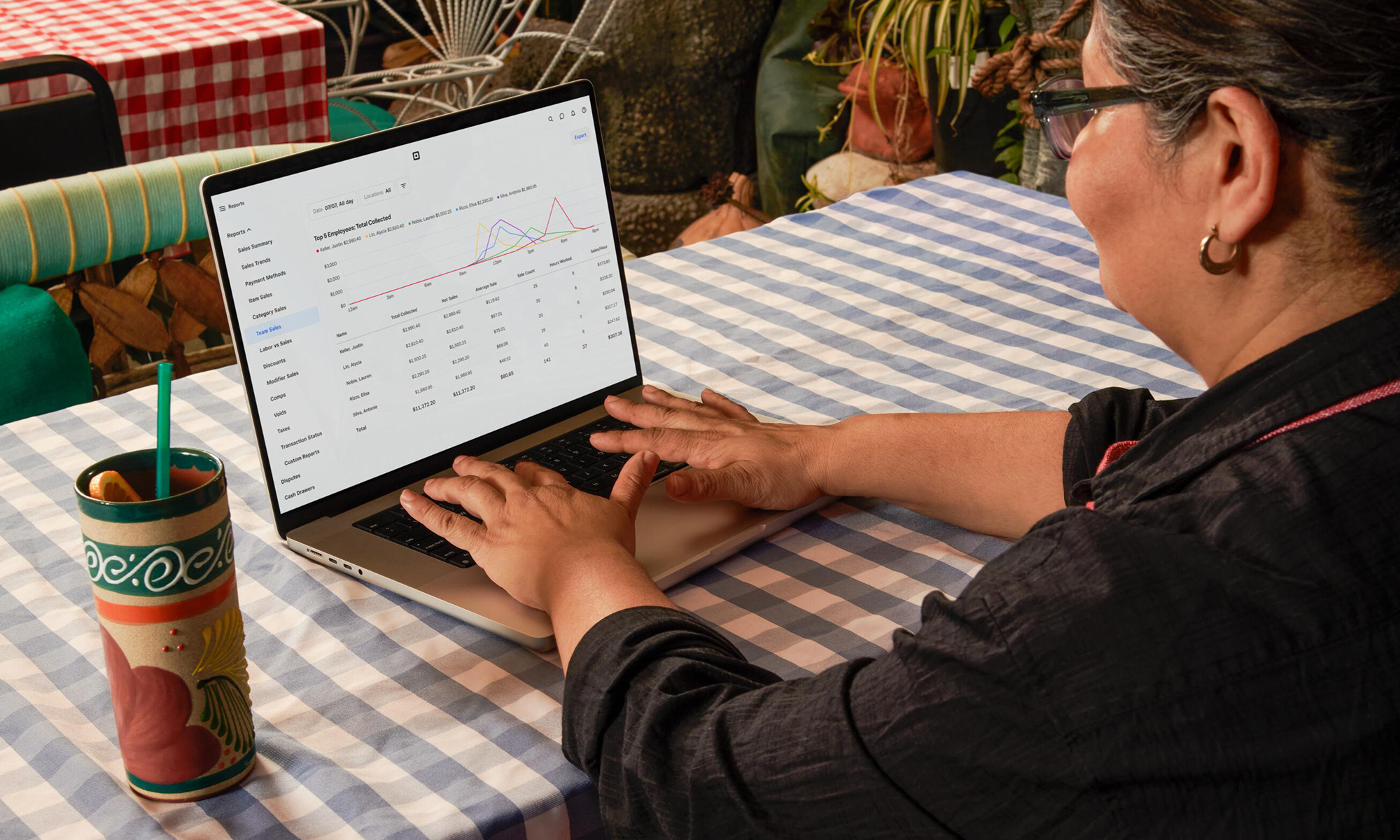Square (SQ +0.01%) stock has tumbled over the past month as the novel coronavirus (COVID-19) pandemic forced small businesses to close. The potential impact seemed immediate and devastating: Square generated 45% of its GPV (gross payment volume) from smaller merchants with less than $125,000 in annualized GPV last quarter.
Square's medium-sized and larger sellers will also likely be hurt by social-distancing measures and citywide lockdowns. However, shares rebounded sharply from a two-year low after Congress passed a $2.2 trillion stimulus plan to shore up the economy throughout the crisis.

Image source: Getty Images.
Square also recently updated its first-quarter guidance to account for the impact of the COVID-19 outbreak, and the numbers weren't as bleak as many had feared.
How bad was the damage?
Last quarter, Square's revenue rose 41% annually as its gross profit grew 39%. It previously expected that momentum to continue in the first quarter, but it now anticipates a moderate slowdown.
|
Growth (YOY) |
Q1 2020 (Prior Guidance) |
Q1 2020 (Revised Guidance) |
|---|---|---|
|
Revenue |
40% to 42% |
36% to 40% |
|
Gross profit |
39% to 41% |
30% to 32% |
Data source: Square's quarterly reports and press releases. YOY = year over year.
Prior to the coronavirus outbreak in the U.S., Square's gross profit grew 47% year over year (51% excluding Caviar) in January and February. Its seller ecosystem gross profit rose 32%, and its Cash App gross profit surged 118%.
However after the COVID-19 outbreak intensified, Square experienced a significant slowdown in GPV growth. The beginning of March was in line with its expectations, but it experienced a 25% annual decline in seller GPV in the 10 days leading up to March 24.
Square stated that its new guidance reflects a "further deceleration" of its GPV growth through the end of March, and that it expects its adjusted EBITDA and earnings per share to come in below its prior forecasts -- which it updated after a $1 billion debt offering in early March.

Image source: Square.
Square also withdrew its full-year forecast for 26% revenue growth and 30% gross profit growth (33% excluding Caviar), citing uncertainties in the market, but it stated it would update its expectations during its first-quarter conference call in May.
PayPal also recently updated its first-quarter guidance, but it only cut its prior guidance (for 16% to 17% annual revenue growth) by a single percentage point. PayPal expects to take a milder hit than Square, because its business is larger, diversified across more global regions, and less dependent on small businesses.
How will Square weather the storm?
Square said it saw "relative strength" in its Cash App ecosystem and a "less pronounced" impact on the platform's gross profit growth. That wasn't surprising, since individuals will still likely use the Cash App to send and receive money throughout the crisis. Usage of its bitcoin and stock trading features could also rise as market volatility sparks speculative bets. However, Square warned that its declining GPV was still offsetting Cash App's growth.
For now, Square plans to assist its sellers with curbside pickup options and online resources for expanding digital services, refunds for all subscription fees in March, and the expansion of Square Capital into an industrial bank to provide larger loans.
In short, Square plans to subsidize the survival of its small merchants. That strategy could be costly in the near term, but it could significantly boost loyalty rates and the stickiness of its ecosystem over the long run.
The road ahead
Square's first-quarter guidance doesn't look too bad, but the second quarter could be much uglier. The 3.3 million unemployment claims recently filed in the U.S. indicate that a lot of small businesses are struggling, and it's unclear if Square's support system can help enough merchants survive the escalating crisis.
However, I still believe Square's core business will survive this downturn. Its GPV could dip significantly as merchants go out of business, but new merchants will eventually take their places as the crisis passes. Its Cash App could also keep pulling ahead of PayPal's Venmo in the peer-to-peer payments market. Therefore, Square remains an excellent long-term play in the war on cash, and its recent pullback could be a great entry point for long-term investors.







